The media and international friends all recognized that this great victory became a strong source of inspiration for Vietnam's efforts to liberate society in the next period. Since that historic moment, Vietnam has made great strides in socio-economic development, becoming one of the most dynamically developing economies in the region.
Over the past time, FDI capital in Vietnam has still grown well.
In the newspaper Urbe Bolivia, Mr. Miguel Angel Perez Pena, Honorary Consul of Vietnam in Bolivia, affirmed that April 30, 1975 was a historic moment not only for the Vietnamese people but also for all developing countries in the world. That victory opened the door to unification for a country that had been divided by external forces and defeated the strongest military power at that time.
According to Mr. Perez Pena, the victory of the 1975 Spring General Offensive and Uprising was a great source of inspiration, especially for the younger generation, in terms of their ability to overcome injustice and oppression. Assessing the transformation of Vietnam after 50 years of national reunification, Mr. Perez Pena stated that Vietnam today is a country with a strongly developing economy, becoming the focus of world attention. With a diversified and open economy, Vietnam has continuously attracted foreign direct investment flows and maintained sustainable growth in foreign trade activities.
Vietnam is currently the world’s second largest coffee exporter and is among the top smartphone producers. Vietnamese apparel and footwear are also present in many major markets around the world. In addition, Vietnam serves as a strategic gateway to the vast market of the Association of Southeast Asian Nations (ASEAN) – an economic bloc of 10 countries with more than 600 million people.
Titled “Vietnam’s successful model transformation”, the article published on Casa Asia – an agency under the Spanish Ministry of Foreign Affairs – provided in-depth analysis of Vietnam’s economic transformation and impressive resilience in the post-war period. Specifically, the article summarized that after the war, Vietnam faced numerous enormous challenges.
The prolonged war had left severe consequences, severely destroying the infrastructure, while the economy at that time relied mainly on a self-sufficient model. Poverty rates were high, and the entire national economy depended on a centralized mechanism, dominated by state-owned enterprises and the agricultural sector. Economic stagnation, together with limitations in industrial development, made it difficult for Vietnam to create employment opportunities for its people and participate in the international economic arena. In this context, the urgent need for a new direction became a matter of survival for the country.
Realizing that, the Vietnamese Government initiated the Doi Moi reforms in 1986. Since then, Vietnam has begun to transform itself from a centrally planned economy to a socialist-oriented market economy. The reforms have quickly created clear changes, contributing to restoring the economy and improving people's lives.
During the Doi Moi period, Vietnam decentralized economic decision-making, created conditions for the private sector to develop alongside state-owned enterprises, and actively attracted foreign investment. These policies have created a dynamic, competitive economy that is increasingly attracting the attention of international investors.
Vietnam has also made continuous efforts to integrate deeply into the global economic system. The normalization of relations with the United States in 1995 was an important milestone, opening up new opportunities for bilateral economic and investment cooperation. Subsequently, joining the World Trade Organization (WTO) in 2007 created a solid foundation for Vietnam to increase foreign investment attraction and promote international trade. In addition, the active signing and implementation of free trade agreements has contributed to improving Vietnam's competitiveness and export capacity.
Extensive economic reforms have had a profound impact on Vietnam’s transformation. From a backward agricultural economy, Vietnam has emerged as a rapidly growing manufacturing and export economy. Rapid urbanization and industrialization have not only created millions of jobs but have also helped shape major cities such as Hanoi and Ho Chi Minh City into vibrant economic hubs.
The article “Why is Vietnam’s economy growing so fast?” posted on Vietnam-Briefing, a reputable website specializing in business activities in Vietnam, explained the country’s rapid economic growth over the past four decades since Doi Moi. According to the article, the rapid development of Vietnam’s economy is the result of a combination of many factors, from extensive and effective economic reforms to the boom of key industries such as manufacturing, export, especially tourism.
The article emphasizes that before 1986, Vietnam was still an underdeveloped country and faced strict sanctions from the United States, which made it difficult to establish and expand relations with other countries. To address this problem, the Government implemented a reform policy that included a transition from a state-controlled centralized economy to a market-oriented economy. Vietnam also implemented an export-oriented strategy and removed all restrictions on foreign trade, leading to foreign direct investment and economic activity in the private sector.
Under the leadership of the Party, Vietnam has implemented important economic reforms, transforming itself from an underdeveloped country to an industrialized economy with many small businesses, foreign-invested enterprises, skilled labor and high exports. In particular, one of the important factors driving Vietnam's economic growth is the high level of foreign direct investment (FDI). Vietnam has attracted investment from major powers such as the United States, Japan and the European Union, thanks to its open-door policies and international integration. In addition, Vietnam's strategic location in East Asia, close to global supply chains, and a stable socio-political environment have made the country more attractive to foreign investors.
Sharing this view, Professor Carl Thayer, an expert at the Australian Defense Force Academy, University of New South Wales, said that the strategic vision of Vietnam's leaders in the process of economic reform and international integration, along with creating conditions for the private sector to develop, is the decisive factor helping the country escape the post-war socio-economic crisis.
According to Professor Carl Thayer, Vietnam not only diversifies and expands its foreign relations through strategic partnerships but also proactively and actively integrates into the international community. This is clearly demonstrated through its participation in important organizations such as the Asia-Pacific Economic Cooperation Forum (APEC), ASEAN, WTO and many other multilateral organizations. This diplomatic strategy has brought great success when Vietnam was twice elected as a non-permanent member of the United Nations Security Council with an overwhelming majority of votes. Vietnam has affirmed its position and international prestige as a trustworthy partner, through its steadfast pursuit of a policy of independence, self-reliance, peace, cooperation and development.
Source: https://hanoimoi.vn/viet-nam-nen-kinh-te-nang-dong-di-dang-va-co-kha-nang-canh-tranh-toan-cau-699889.html


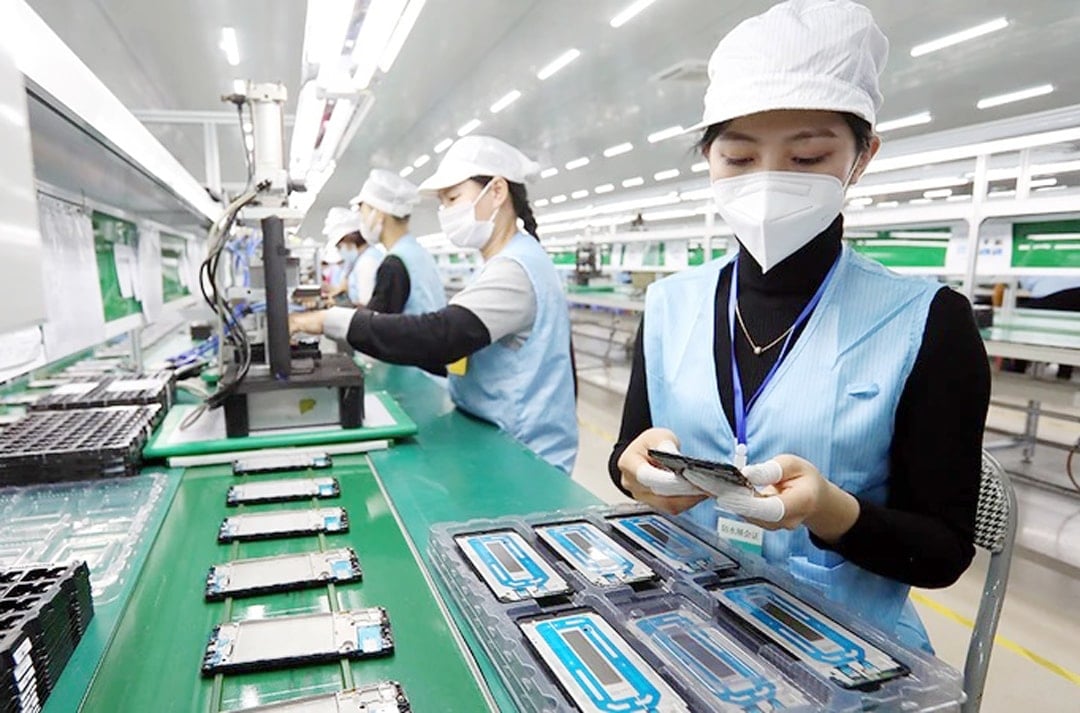
![[Photo] President Luong Cuong presents the decision to appoint Deputy Head of the Office of the President](https://vphoto.vietnam.vn/thumb/1200x675/vietnam/resource/IMAGE/2025/5/8/501f8ee192f3476ab9f7579c57b423ad)

![[Photo] General Secretary concludes visit to Azerbaijan, departs for visit to Russian Federation](https://vphoto.vietnam.vn/thumb/1200x675/vietnam/resource/IMAGE/2025/5/8/7a135ad280314b66917ad278ce0e26fa)
![[Photo] Prime Minister Pham Minh Chinh meets with the Policy Advisory Council on Private Economic Development](https://vphoto.vietnam.vn/thumb/1200x675/vietnam/resource/IMAGE/2025/5/8/387da60b85cc489ab2aed8442fc3b14a)
![[Photo] General Secretary To Lam begins official visit to Russia and attends the 80th Anniversary of Victory over Fascism](https://vphoto.vietnam.vn/thumb/1200x675/vietnam/resource/IMAGE/2025/5/8/5d2566d7f67d4a1e9b88bc677831ec9d)
![[Photo] National Assembly Chairman Tran Thanh Man chairs the meeting of the Subcommittee on Documents of the First National Assembly Party Congress](https://vphoto.vietnam.vn/thumb/1200x675/vietnam/resource/IMAGE/2025/5/8/72b19a73d94a4affab411fd8c87f4f8d)

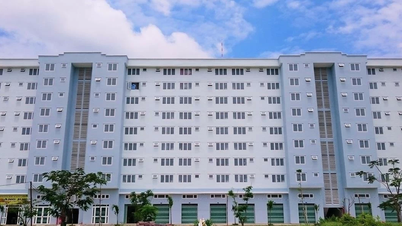
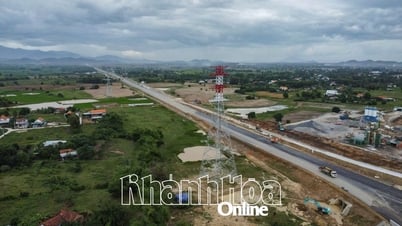


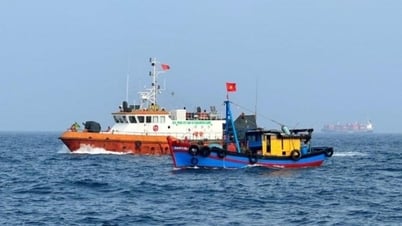




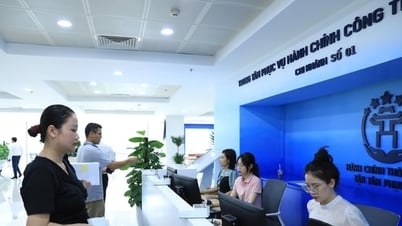
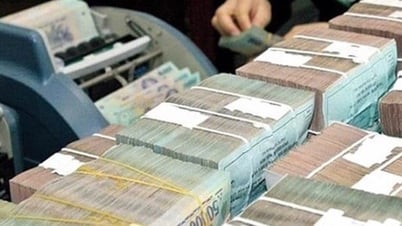
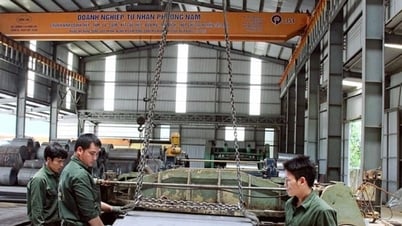


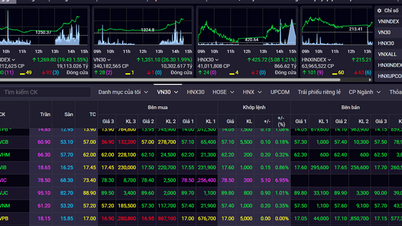

































![[Photo] Prime Minister Pham Minh Chinh talks on the phone with Singaporean Prime Minister Lawrence Wong](https://vphoto.vietnam.vn/thumb/402x226/vietnam/resource/IMAGE/2025/5/8/e2eab082d9bc4fc4a360b28fa0ab94de)












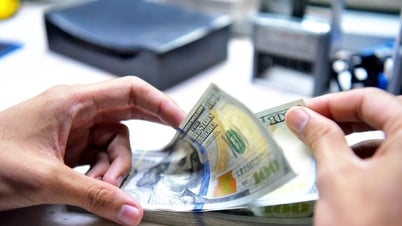


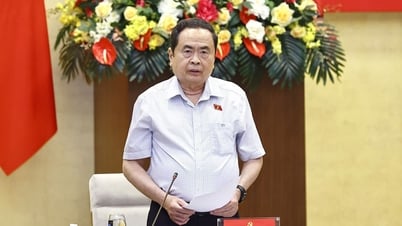
















Comment (0)